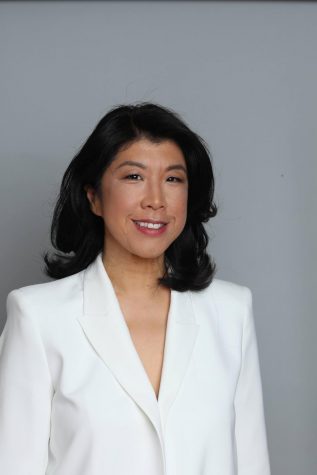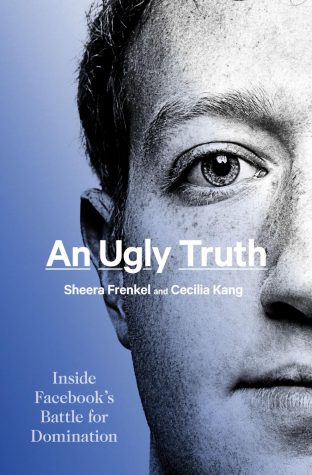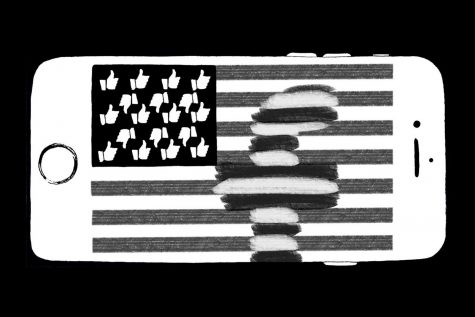Whitman alum and New York Times reporter Cecilia Kang returns to campus to promote her book
September 23, 2021
Cecilia Kang, Whitman ‘94 graduate and writer for the New York Times, returned to campus on Sept. 10 to speak about her bestselling book, An Ugly Truth.

Kang’s book exposes Facebook’s internal organization and the reach of founder Mark Zuckerberg’s power.
The title of her book comes from a memo written by one of Facebook’s longest tenured executive, Andrew Bowsworth. “The ugly truth is that we believe anything that allows us to connect more people more often is de facto good…Maybe it costs a life by exposing someone to bullies. Maybe someone dies in a terrorist attack coordinated by our tools. And still we connect people,” Bosworth said.
Kang’s book delves into this “ugly truth” and uncovers how Facebook’s technologies impact vulnerable teenagers, empower dangerous conspiracy theorists and spread disinformation among the public.
In her talk, Kang said Facebook created the perfect platform for advertisers because users “are telling Facebook exactly who they were, their real identity and saying so much about themselves.”
Kang explains how every form of engagement on Facebook—a thumbs up or down, a comment on a post or a search—feeds a database with valuable information about each user.
Chair of the Presidency’s Advisory Board, Aaron Perrine, attended Kang’s talk and commented on the effectiveness of Facebook’s technology in spreading information.
“I think people have to understand the way Facebook’s algorithms amplify content and what the impact on our society, on our elections, on our public health is,” Perrine said.
Ultimately, spreading this message is Kang’s intention.
“If you understand how the machine works, you realize you have agency… understanding the business is empowering,” said Kang in her talk.
Noah Leavitt, Director of the Student Engagement Center, agreed with Kang’s emphasis on understanding the technology behind social media.
“Awareness brings a certain responsibility to do other things to offset the tunnel [vision] effect that is happening—by meeting people who are in a totally different social circle, or visiting [different] places,” Leavitt said.
Leavitt believes that understanding Facebook’s manipulative powers is key.
“We have to make decisions, taking into account that we are kind of being controlled over here, so where we can we exercise control in our life—we need to be doing that to mitigate it,” Leavitt said.

In an interview with The Wire following her Sept. 10 talk, Kang spoke about how Facebook and Donald Trump’s use of the platform hurt journalists around the country, calling it “a crisis of trust.”
“Instead of looking to credible news sites, people turn to friends and family as their primary sources of information on social media…that’s where conspiracy theories and misinformation spreads,” Kang said. “That really hurt the reputation of news organizations.”
To moderate the spread of misinformation, Kang believes, government regulation is the solution.
“The focus should not be on what kinds of speech and what kind of content should be allowed and not allowed…the focus should be on the designs of the actual apps…on the algorithms and amplification of that harmful content,” Kang said.
Kang hopes schools like Whitman that offer a liberal arts education will help bridge the divide between ethics and social media technology. She has heard people ask how things might be different if Mark Zuckerburg took more humanities classes.
Noah Leavitt remembered this question from Kang’s speech, and it reinforced his confidence in the computer science department at a school like Whitman.
He recalled a comment from a colleague about the value of a STEM education from Whitman. STEM students from a liberal arts college can introduce an ethical perspective to companies like Microsoft and Facebook.
Cecilia Kang’s success after Whitman and her analysis of the social media industry displays the necessity of a comprehensive humanities education.
A recording of Kang’s Sept. 10 Whitman talk is available on the college’s Vimeo site.









